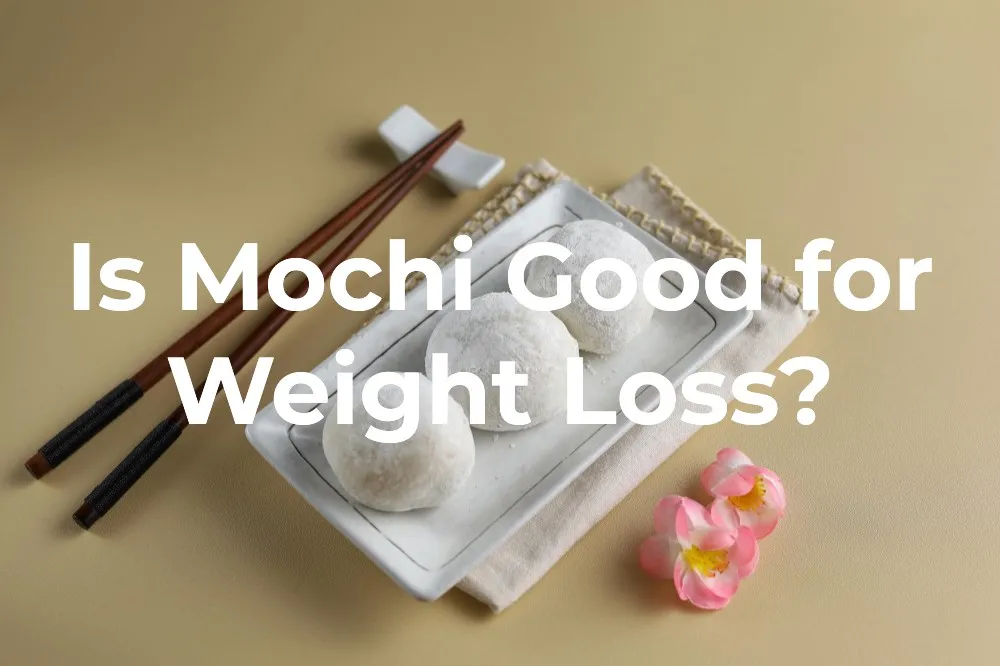
Mochi, a traditional Japanese treat made from glutinous rice, has gained popularity in recent years as a potential aid for weight loss. But is there any scientific evidence to back up this claim, or is it just another fad diet trend?
Mochi is often touted as a low-calorie, low-fat snack that can help curb cravings and promote weight loss. It is also believed to be high in fiber, which can help with digestion and keep you feeling full for longer. Additionally, mochi is naturally gluten-free and can be a good alternative for those with gluten sensitivities or celiac disease.
However, while mochi does have some nutritional benefits, it is not a magic bullet for weight loss. Like any food, moderation is key. Mochi is high in carbohydrates, which can spike blood sugar levels and lead to weight gain if consumed in excess. It is also typically made with added sugars and fillings, which can further contribute to calorie intake.
Furthermore, the idea that mochi can specifically target weight loss is not supported by scientific evidence. While fiber can aid in digestion and promote a feeling of fullness, there is no research to suggest that mochi is more effective at promoting weight loss than other high-fiber foods.
In fact, some experts caution against relying on mochi as a weight loss tool. The key to sustainable weight loss is a balanced diet that includes a variety of nutrient-dense foods, along with regular exercise. Incorporating mochi into a well-rounded meal plan can be a tasty treat, but it should not be relied upon as a primary source of nutrition.
Ultimately, the science behind mochi for weight loss is still inconclusive. While it can be a part of a healthy diet in moderation, it should not be viewed as a quick fix for shedding pounds. As with any food or diet trend, it is important to approach mochi with a critical eye and consult with a healthcare professional before making any significant changes to your eating habits.
